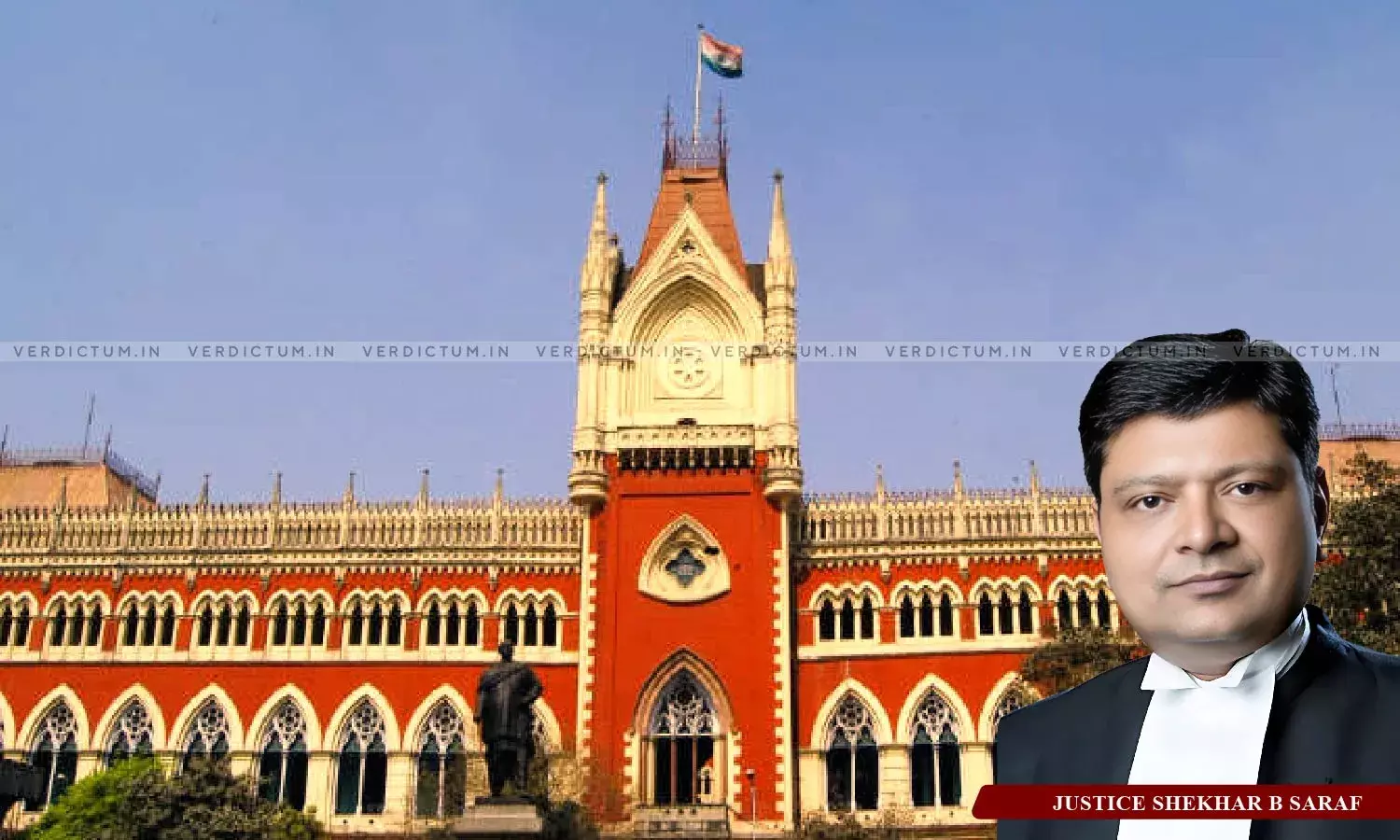Compassionate Appointment Cannot Be Given After 13 Years Of Death Of Employee When There’s No Financial Exigency: Calcutta HC
The Calcutta High Court has noted that the compassionate appointment cannot be given after thirteen (13) years of the death of an employee when there is no financial exigency.
An application under Article 226 of the Constitution wherein the writ petitioners were aggrieved by an order passed by the Chairman/Secretary, District Primary School Council, Dakshin Dinajpur (hereinafter referred to as ‘Chairman’) which rejected their prayer for compassionate appointment of one of the petitioners.
A Single Bench of Justice Shekhar B. Saraf held, “The impugned order of the Chairman dated December 15, 2017, has been passed in terms of the 2001 Rules, Government Notification dated January 28, 2008, and is in consonance with the aforementioned judgements of this Court and the Supreme Court. The petitioners cannot be given compassionate appointment after 13 years of death of the father/employee when there is no financial exigency and the two-year period of limitation as per 2001 Rules for application seeking compassionate appointment had expired when petitioner no.1 had applied for compassionate appointment.”
The Bench said that it did not see any reason to interfere with the order of the Chairman.
Advocate Sujit Kr. Rath represented the petitioners while Advocates Bhaskar Prasad Vaisya and Supriyo Chattopadhyay represented the State and D.P.S.C.
Brief Facts -
The petitioner’s father was a Primary Teacher of Kochpara and he died in-harness in 2010, where on the date of the death of the father, the petitioner was only 14 years old. An application was made by the petitioner’s mother upon the death of the father for appointment on compassionate grounds, dated December 1, 2011. The prayer of the mother was not acted upon, and subsequently, petitioner made a representation before the respondent authority for appointment on December 10, 2014.
The Chairman, through memo, directed the petitioner to submit all relevant documents pertaining to the request for compassionate appointment. The petitioner submitted the relevant documents on April 21, 2016, but no action was taken by the respondent authority. She filed a writ petition before a co-ordinate bench of the High Court wherein an order was passed on November 1, 2017, directing the Chairman to consider her representation within a period of six weeks. The Chairman rejected the prayer of the petitioner on the ground that such two-year period for seeking compassionate ground had expired.
The High Court in the above regard observed, “… I am of the view that no interference is required in the present case and accordingly, the writ petition is disposed of.”
Accordingly, the High Court refused to interfere in the case and disposed of the petition.
Cause Title- Ankita Saha & Anr. v. The State of West Bengal & Ors.




